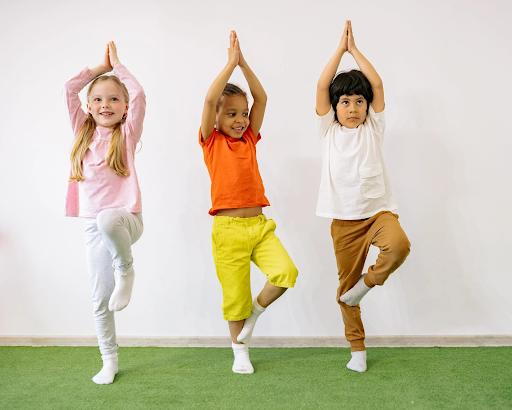
As your child starts the adventure of preschool, it’s important to be aware of how your child is growing and developing. According to the American Academy of Pediatrics, here are some of the developmental milestones you should see around this age, and simple activities that you can do at home to help promote your child’s development.
Ages 3-4
Movement Milestones:
- Can kick a ball
- Moving forward and backward easily
- Walks upstairs and downstairs without support
- Can throw a ball
Fine Motor Milestones:
- Uses scissors
- Able to draw circles and squares
- Begins copying letters
Social/Emotional Milestones:
- Can role play
- Can cooperate with others
- Has fantasy/ imaginary play
- Shows some independence
Cognitive Milestones:
- Can label some colors
- Has imaginary play
- Can retell a story
- May know a few numbers
Activities to help promote development:
- Read with your child. Ask questions such as, “Who are the characters in the story?” “Why is that character feeling that way?” “How do you think they will solve the problem?” “What do you think will happen next?”
- Listen to music together. Songs such as “twinkle, twinkle, little star” or “itsy bitsy spider” can help language development and hand-eye coordination.
- Spend time drawing together. Show your child how you make different shapes and pictures and encourage their creativity.
Ages 4-5
Movement Milestones:
- Can stands on 1 foot for at least 10 seconds
- Able to skip
- Can hop on 1 foot
Fine Motor Milestones:
- Can copy shapes, like triangles
- Can write some letters
- Uses fork and spoon appropriately
Cognitive Milestones:
- Can count at least 10 objects
- Can label at least 4 colors
- Understands the concept of the day
Social/ Emotional Milestones:
- Agrees to rules when playing a game
- Knows the difference between real/ pretend
- Wants to please friends
Activities to help promote development:
- Offer toys that encourage imaginary play (ex. dress up clothes, kitchen tools, blocks)
- Start conversations about colors, shapes, and numbers (ex. “How many friends do you see at the playground?” “What color are those flowers?” “Can you find a fruit in this section that is yellow?”)
- Help identify others’ emotions (ex. “I see that your friend is crying. She looks sad. I wonder why she is sad.”)
Remember, every child develops differently. If you have any concerns about your child’s development, contact your pediatrician, or contact the Children’s Wellness and Developmental Center at 732-919-1335.

